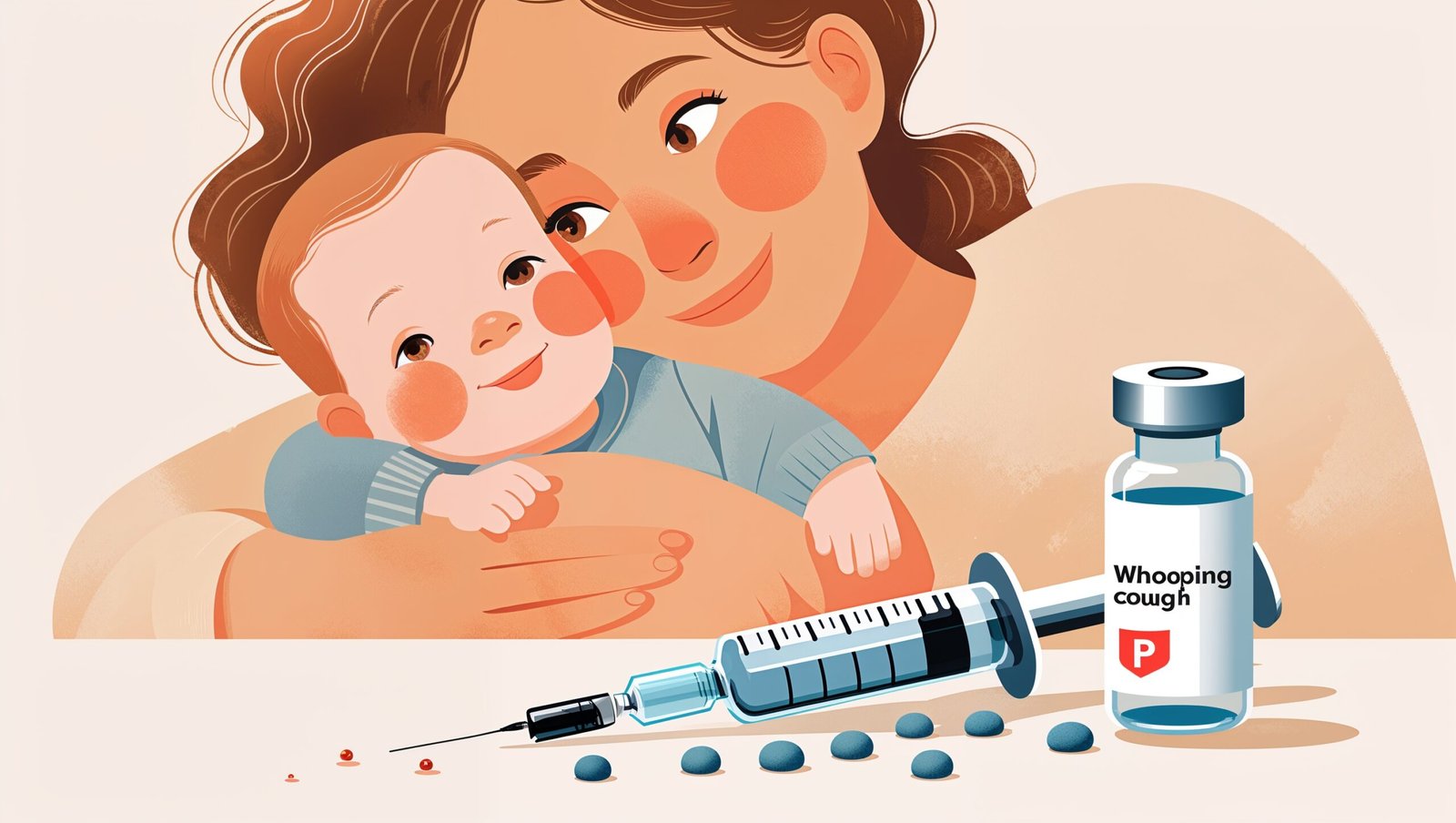The Whooping Cough Vaccine: A Comprehensive Guide
Introduction
Whooping cough, known in medical terms as pertussis, is an acute respiratory disease caused by the bacterium Bordetella pertussis. Characterized by severe coughing fits, the condition can be particularly perilous for infants and those with weakened immune systems. The development and dissemination of vaccines have played a crucial role in mitigating the incidence and severity of this ailment.
The Importance of the Whooping Cough Vaccine
The significance of the whooping cough vaccine is underscore by its ability to drastically reduce morbidity and mortality associated with the disease. By inducing immunity, vaccines offer a defensive shield to both individual recipients and the community at large, a concept known as herd immunity. This not only assists in safeguarding vulnerable populations who are incapable of receiving vaccinations due to medical constraints but also actively impedes potential outbreaks.
The History and Evolution of the Vaccine
The initial introduction of the whooping cough vaccine dates back to the early 20th century, with significant advancements accruing over ensuing decades. The evolution from whole-cell vaccines to acellular formulations has markedly ameliorated the safety profile, diminishing the frequency of side effects and broadening acceptance. Acellular vaccines, formulated to include purified components of the pertussis bacterium, deliver similar effective immunization but with enhanced tolerability.
Current Vaccination Schedule and Recommendations
As stipulated by health authorities, the pertussis vaccine is administered through a series of doses, commencing in infancy. The DTaP vaccine, protecting against diphtheria, tetanus, and pertussis, is administered in an elaborate schedule spanning several months. Meanwhile, booster doses are recommend for older children and adults, particularly pregnant women, to maintain immunity levels. Constant immunization reassures the collective defense against pertussis resurgence.
Efficacy and Challenges in Vaccine Uptake
While the whooping cough vaccine is generally effective, the waning immunity over time and potential mutations in the pertussis bacterium surface as challenges. Nevertheless, vaccines remain indispensable tools in public health defenses against whooping cough. Addressing vaccine hesitancy through public awareness campaigns and accurate information dissemination can alleviate apprehensions and improve vaccination rates.
Side Effects and Safety Concerns
The whooping cough vaccine, particularly the acellular variety, is generally well tolerated. Minor side effects, such as redness at the injection site and mild fever, can manifest post-vaccination but are transient. Serious side effects are exceedingly rare, and the benefits of vaccination in preventing severe respiratory distress and subsequent complications dwarf potential risks. Ongoing surveillance ensures constant safety evaluation and upkeep.
The Future of Pertussis Immunization
Innovations in vaccine technology and a growing understanding of waning immunity patterns might pave the way for novel vaccine formulations or strategies in the future. While current vaccines are effective, further refinements and enhanced public health strategies could better address evolving pathogens and public trust issues, thereby ensuring sustained control over pertussis incidences.
Conclusion
While there is no conclusion for the article, the future prospects for pertussis vaccines remain hopeful in the realm of public health, offering continued protection and evolving strategies to mitigate its impact globally.
People Also Ask
What is the whooping cough vaccine called?
The whooping cough vaccine is known as DTaP for children, and Tdap for older children, teenagers, and adults. These vaccines also protect against diphtheria and tetanus.
How often should you get the whooping cough vaccine?
Children should receive a series of doses of the DTaP vaccine, with boosters recommended every 10 years through the Tdap vaccine for older children and adults.
Can adults receive the whooping cough vaccine?
Yes, adults can and should receive booster doses of the whooping cough vaccine known as Tdap, especially if they are in contact with infants or are healthcare workers.
Why is it crucial for pregnant women to get the whooping cough vaccine?
Pregnant women are recommend to receive the Tdap vaccine during each pregnancy to protect newborns, who are especially vulnerable to whooping cough and cannot be vaccinated until two months old.
What are the side effects of the whooping cough vaccine?
Common side effects are generally mild and may include redness or swelling at the injection site, slight fever, and fatigue. Severe side effects are rare.







